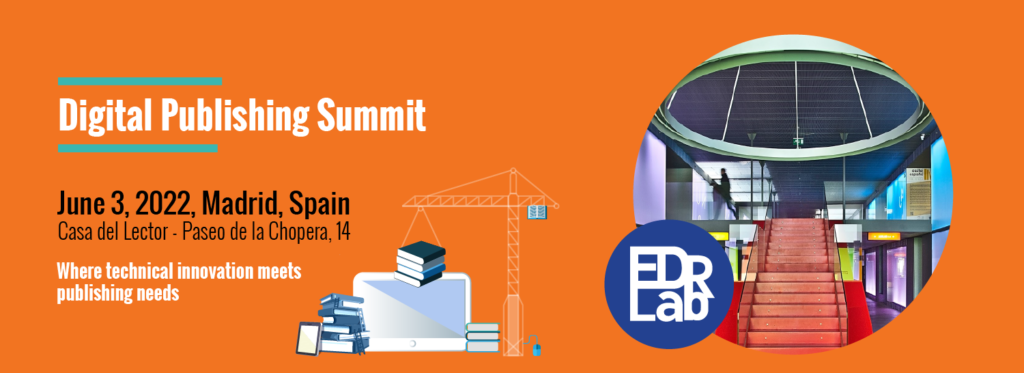
We were back “in real life” in Madrid on June 3, in the beautiful Casa del Lector venue, with a one-day event organized in coordination with Readmagine 2022.
This was the opportunity to stay aware of technical advances in the digital publishing industry, AND to meet peers, at last.
Here is the overview of the program:
Introduction
Welcome introduction by Virginie Clayssen, President of EDRLab, followed by an introduction of the different sessions by Laurent Le Meur, CTO of EDRLab.
Evolution of the use of LCP in Europe
LCP tends to replace the Adobe DRM in many places, and especially in the context of e-lending, for the protection of EPUB, PDF and audio books.
A presentation of the use of LCP in Spain and Italy, by Arantza Larrauri (Libranda) and Nicola Cavalli (MLOL).
Readium, the evergreen toolkit
Thorium Reader is a free, open-source, multi-platform, multi-lingual, accessible and LCP compliant reading application developed by EDRLab. It is becoming a reference for its support of EPUB 3, but it also supports PDF, DAISY, Audiobooks and Divina publications. A new version has just been released, v2.0.
A presentation of the latest evolutions and development roadmap of Thorium Reader by Daniel Weck (EDRLab).
TDM Reservation Protocol, how you can control data-mining on your Web content
In 2021, a W3C Community Group specified the Text and Data Mining (TDM) Reservation Protocol, a simple and practical machine-readable solution, capable of expressing the reservation of TDM rights – following the rules set by the new European DSM Directive / Art.4 – and the availability of machine-readable licenses for TDM actors. It is now time to use it.
A presentation of the specification by its editor, Laurent Le Meur (EDRLab).
EPUB 3.3, a W3C standard with a test suite.
The W3C EPUB Working Group is working on the next release of EPUB, namely 3.3, which will be the first version of EPUB published as an international Web Standard in the form of a W3C Recommendation.
An Overview of the current status of the work on EPUB 3.3 at W3C by Ivan Herman, is member of the permanent staff of W3C, official staff contact for the EPUB Working Group and co-editor of the EPUB 3.3 specification.
The Accessibility clock is ticking
The European Accessibility Act will come into force in 2025, and there are still so many tasks to achieve in Europe … This session will introduce studies and experiences in several countries.
A round table by Cristina Mussinelli (Fondazione LIA), Gregorio Pellegrino (Fondazione LIA), Gautier Chomel (EDRLab), Melissa Haquenne (De Marque) and Dienaba Dia (Ministère de la Culture, France).
This session is organized in collaboration with Fondazione LIA in the framework of Aldus UP, co-funded by the Creative Europe Programme of the European Union.

A use case around accessibility at Hachette Livre
The European Accessibility Act is at the door but most publishers don’t know how to implement one of its main components : the integration of accessibility metadata in ONIX feeds and EPUB 3 publications.
A use case of an automated process for adding accessibility metadata to EPUB 3 new releases, presented by Vincent Gros (Hachette Livre).
FXL made accessible? Yes it is possible
The EPUB 3 standard comes in two flavours: reflowable and fixed-layout (FXL). Rules to make the first variant accessible are clear, and W3C members from the publishing industry are currently trying to define recommendations on how to make FXL publications (quasi-)accessible also.
A presentation of a professional solution, by Vincent Wartelle (CEO of ISI, France) and Bastien Cochini (CTO of ISI).
Lis mon Livre, audiobooks for elderly people
Choosing and listening to an audio book when you are blind or visually impaired is not so easy: a caregiver is essential for the choice of a title, and an accessible device required for listening. Older people cannot handle complex technical tools; what could be simpler than asking a connected speaker “Search for Harry Potter”, then “Start Reading”? A connected speaker offers basic useful services (time, weather, news, answers to questions), but existing speakers currently only offer a purchase or subscription service for audio books (Google Play at Google, Audible at Amazon) which is necessarily expensive to use.
EDRLab has therefore developed an innovative reading service interfacing smart speakers (Google Home or Amazon Echo) to online media libraries, in the form of open source software. This service is currently tested by the Centre of Equitable Library Access (CELA, Canada) and by the Association Valentin Haüy (AVH, France).
A presentation of the “Accessible Reading Canada” and “Valentin Lecture” by Basile Mignonneau (Association Valentin Haüy) presenting the use case, Laurent Le Meur (EDRLab) presenting the technical architecture, and Maaike Coppens (OpenDialog) detailing the the challenges of conversational models.
Many thanks to our partners
Readium Developers Meeting
Also, a Readium Developer Meeting was held in the same Casa del Lector on May 31, during the afternoon, with a Zoom connection for those who were remote.
Ten developers participated to the meeting, which was an open forum for questions and answers.
Readmagine
Readmagine, on June 1 and 2, was focusing on strategic topics:
- Consumption trends and the impact of publishing on the SDG
- The Book market in 2022: Data and Trends
- Educational contents: Multiformat and global scope
- Libraries as drivers of social impact
- Trends on readership and entertainment consumption
- The positive externalities of reading
- The green publishing strategy
- Digital market tools for the book industry: Discoverability and more.
Press coverage
DPUB Summit 2022 Returns to an In-Person Event (Inclusive Publishing)
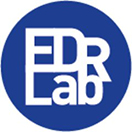
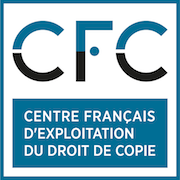
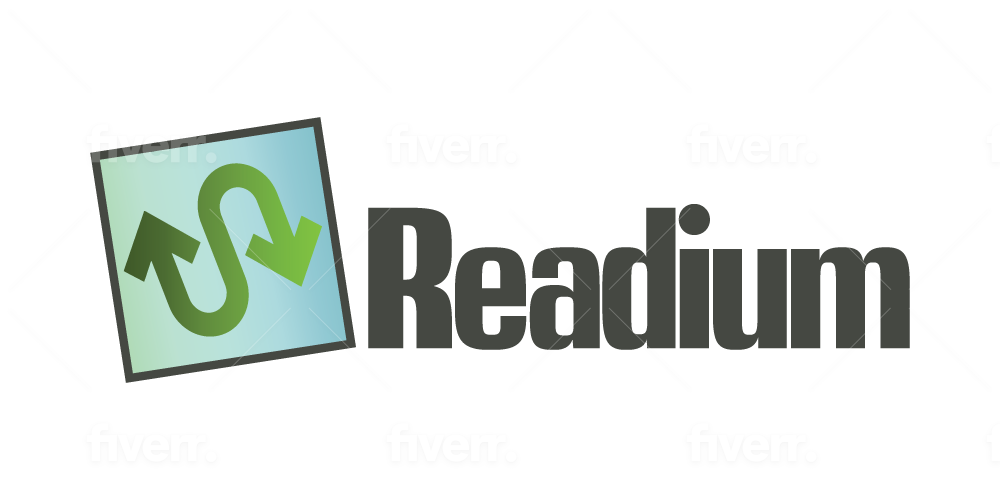
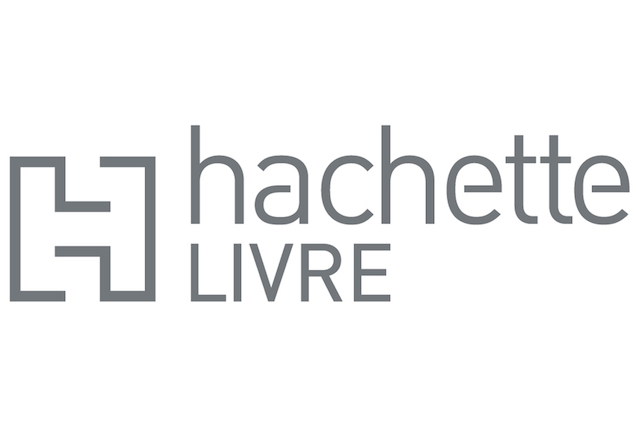
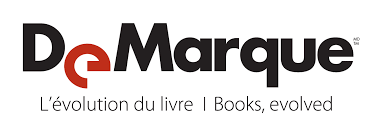

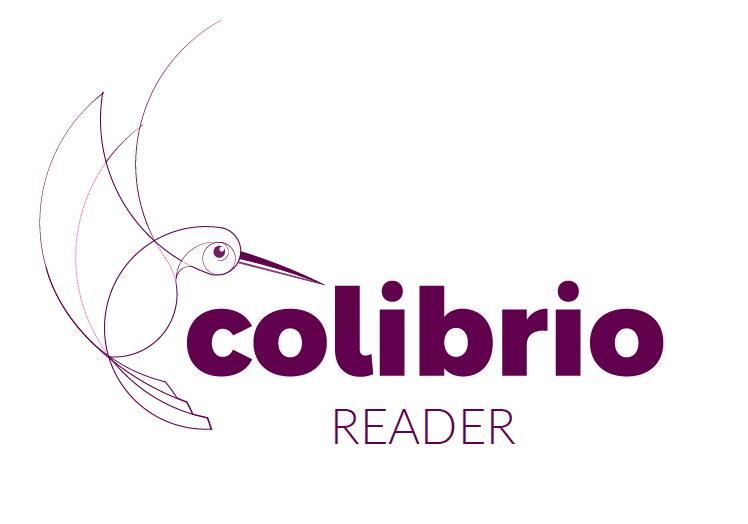




 contact@edrlab.org
contact@edrlab.org +33 1 83 64 41 34
+33 1 83 64 41 34
